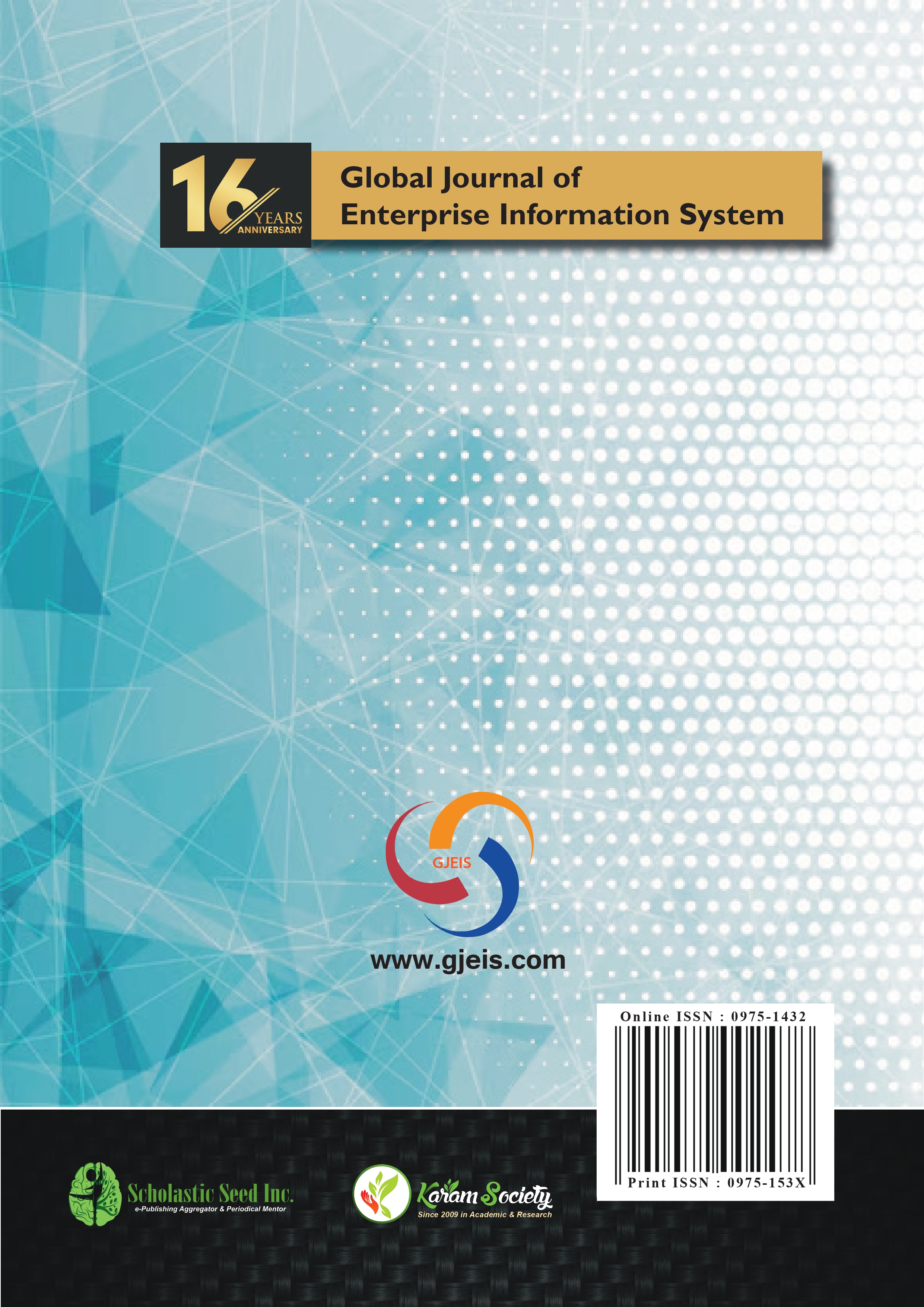Drinking Water Supply and Sanitation: A Typical Syndrome in Sub-Urban Rural Areas: Require Scientific and Technological Intervention
Abstract
The population and industrial growths are demanding for sustainable and safe drinking water and waste disposal in rural and
urban belts. Deficiency and lack of fresh water supply and sewage disposal/treatment affects the health and hygiene of household,
community dwellers and local/regional environment. The paper highlights the problems around Farukh Nagar of Gurgaon District
in Haryana and suggests for scientific and technological study to address the issue. Preliminary field visit and study show the gravity
of problem and possible reasons. However, detailed study is required adopting scientific and technological viable strategy including
methodology, questionnaire based interaction with beneficiaries and agencies to collect stratified socio-economic and technical
primary and secondary details/records, people perceptions and experiences, Ground water details (level, yield, point source and
quality fluctuations), Surface water source, rainfall, water supply system/parameters, population and growth, waste water and
sludge production, treatment and disposal system, recharge and outfall zone in the study/nearby areas, etc. Further, analysis of data
employing hydrological/hydraulic software, testing/verification of quality parameters with Indian and international standards,
physical models, workshops among beneficiaries and user agencies addressing the points of innovation to implement viable and
sustainable water supply and sewage disposal plans are needed.








